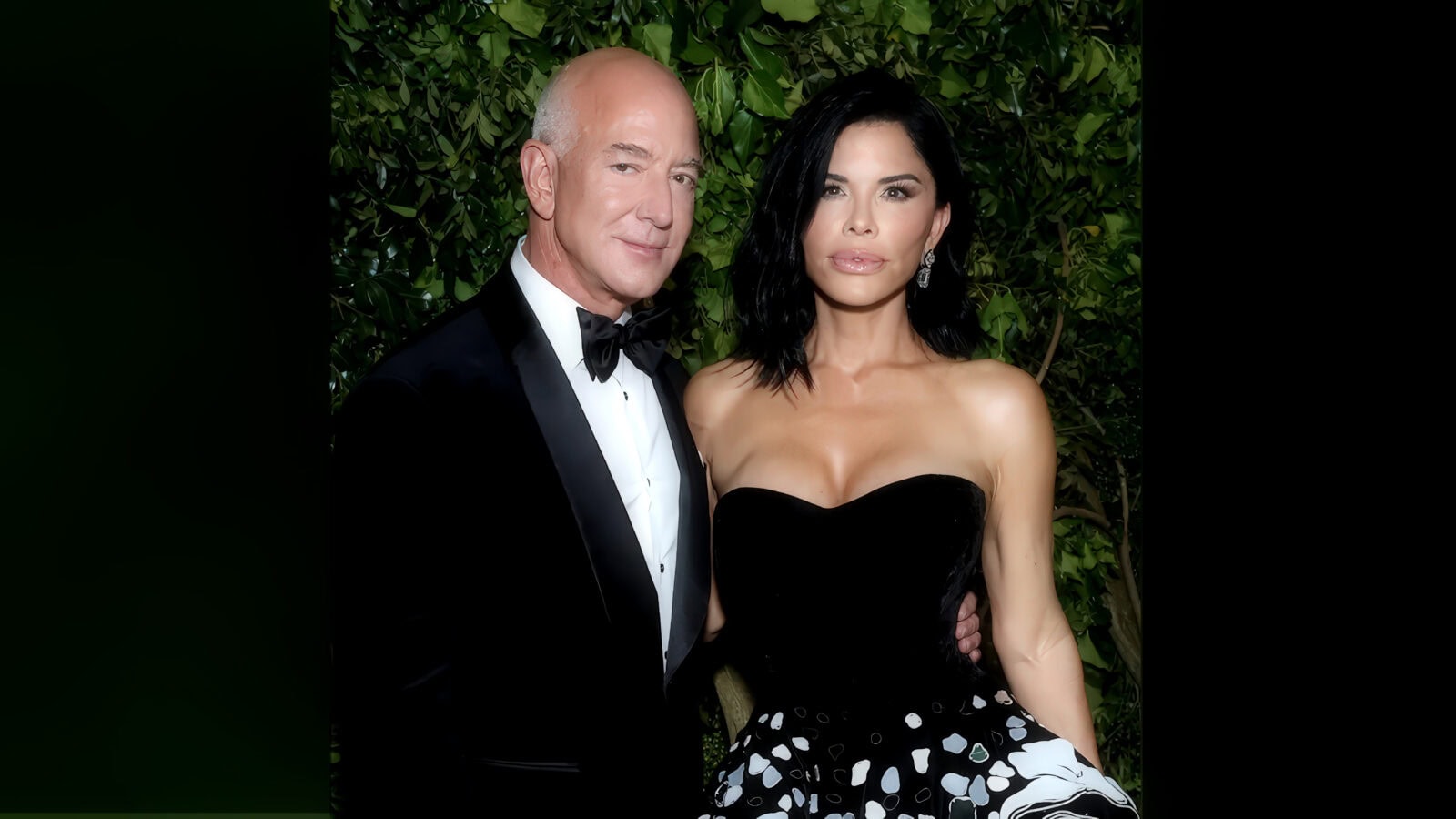$30 million in new awards announced by Lauren Sánchez Bezos to fifteen global research teams advancing the use of artificial intelligence to protect the planet

The Bezos Earth Fund has announced $30 million in new awards to fifteen global research teams advancing the use of artificial intelligence to protect the planet, marking one of the most ambitious environmental AI initiatives to date.
The new round of investments, under the banner of the AI for Climate and Nature Grand Challenge, aims to accelerate real-world applications of AI that address biodiversity loss, climate change, and food insecurity.
Each of the selected teams will receive up to $2 million to develop and deploy their solutions over the coming years, working in collaboration with global partners and local communities.
Launched in 2024, the Grand Challenge represents the Bezos Earth Fund’s commitment to leveraging advanced technologies to create measurable environmental impact. The first phase, announced earlier this year, provided early-stage grants for exploratory projects demonstrating the potential of AI to serve nature.
With this new $30 million round, the Fund is doubling down on scaling the most promising efforts that can bridge the gap between digital innovation and tangible environmental outcomes.
“AI can be a powerful ally to help make the world a better place,” said Lauren Sánchez Bezos, Vice Chair of the Bezos Earth Fund.
“These innovators, using AI, are showing us new possibilities by reimagining how we grow food, protect wildlife, and power our planet to make a true impact.”
Her comments echo the Fund’s broader vision of using technology as a tool for restoration, not disruption—a recurring theme in its recent climate and biodiversity initiatives.
Among the projects selected are an AI-driven coral reef monitoring network in the Pacific, an intelligent forecasting system designed to help African farmers anticipate extreme weather, and new machine-learning models that can analyze bird songs to track endangered species and detect poaching.
These efforts span five continents and encompass a wide range of AI applications, from computer vision and neural networks to open-source data systems and predictive modeling.
The awardees include major research institutions and environmental organizations such as The Nature Conservancy, Yale University, the Wildlife Conservation Society, Cornell University, and the New York Botanical Garden.
In one example, scientists at the New York Botanical Garden are utilizing computer vision to automate plant species identification, potentially transforming the way the world catalogs biodiversity.
Revive & Restore, a partner known for its work in genetic conservation, is developing AI tools to interpret the genomes of endangered species. Meanwhile, The Nature Conservancy is applying edge AI to combat illegal fishing in the Pacific, and the National Audubon Society is creating a community-powered AI network to monitor bird populations in Latin America.
According to Dr. Amen Ra Mashariki, Director of AI at the Bezos Earth Fund, the initiative aims to ensure AI serves the planet, not the other way around.
“These projects show how AI, when developed responsibly and guided by science, can strengthen environmental action, support communities, and ensure its overall impact on the planet is net positive,” he said.
Mashariki emphasized that responsible development—rooted in transparency, data ethics, and cross-sector collaboration—is key to ensuring the benefits of AI-driven environmental innovation are equitably shared.
The Grand Challenge was supported by a coalition of partners, including Amazon Web Services, Google.org, Microsoft Research, the Allen Institute for AI (Ai2), and Esri.
These organizations provided mentorship, computing infrastructure, and technical resources throughout the competition’s innovation sprint, enabling teams to move their ideas from concept to implementation.
The partnerships underscore the increasingly collaborative relationship between big tech, academia, and the environmental sector—a convergence of expertise aimed at solving problems that no single field can tackle alone.
Each of the fifteen teams now enters a multi-year phase of field testing and evaluation, with the expectation that their work will generate not only scientific insights but also scalable, replicable models for AI-enabled conservation.
From creating a “Rumen Digital Twin” to reduce livestock methane emissions to developing AI platforms that turn food waste into microbial protein, the projects represent both scientific ambition and pragmatic sustainability goals.
Together, these awardees embody a new generation of environmental leadership—one that merges data science with ecological stewardship.
As the Bezos Earth Fund continues to deploy its $10 billion commitment to protect nature and address climate change, the initiative stands as a signal that artificial intelligence, when guided by purpose and ethics, can become one of humanity’s most potent tools for planetary renewal.

